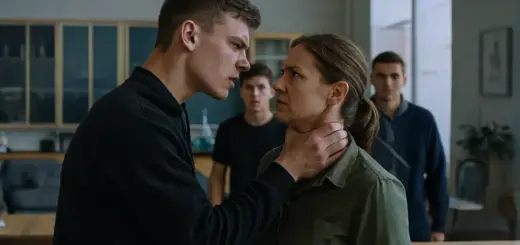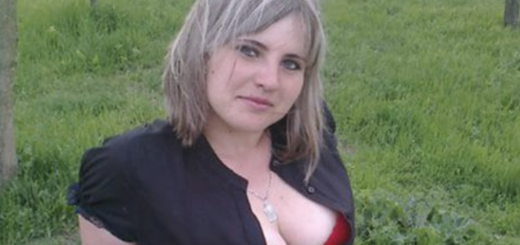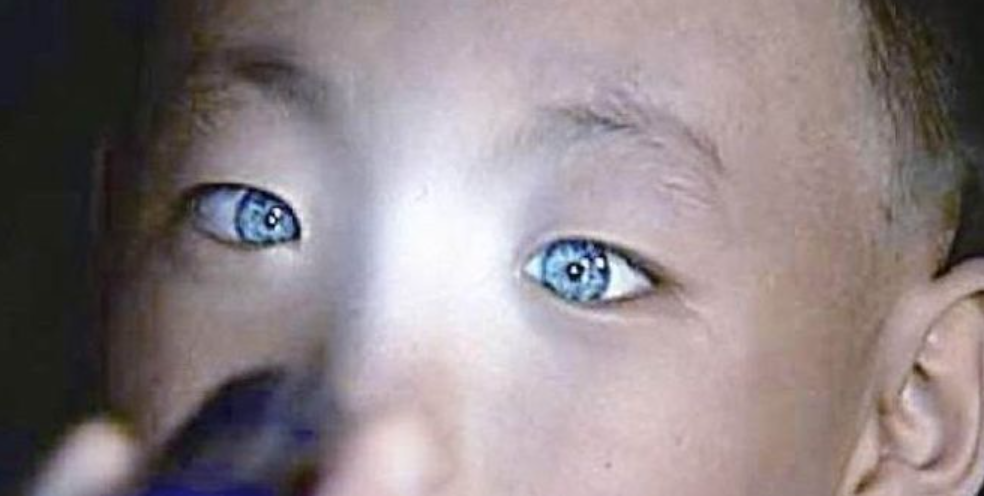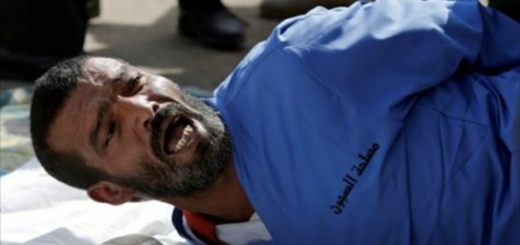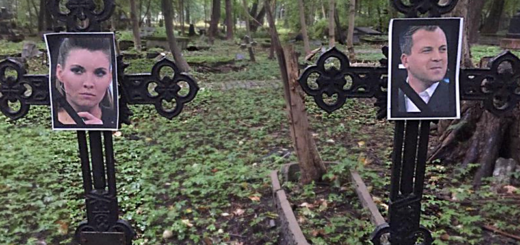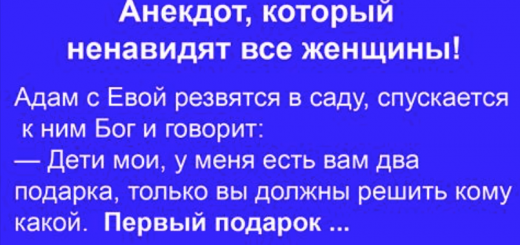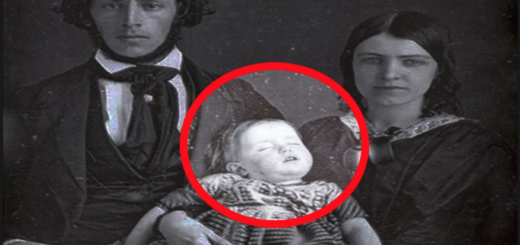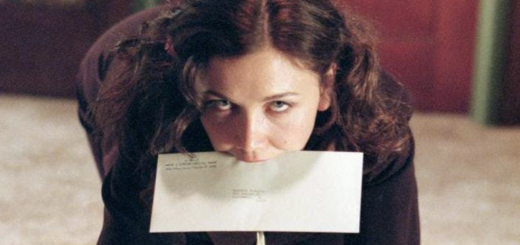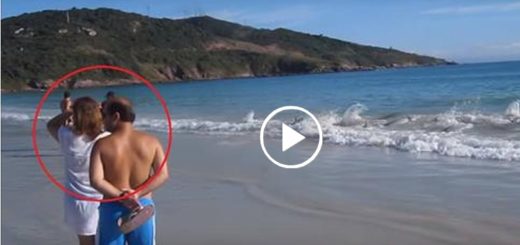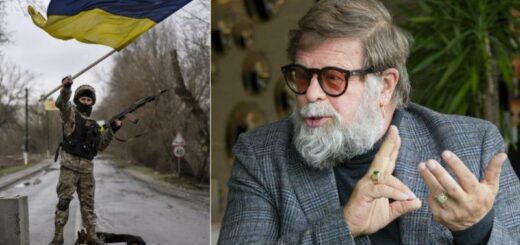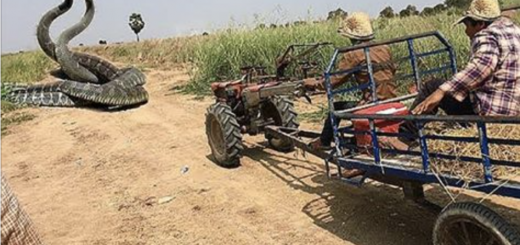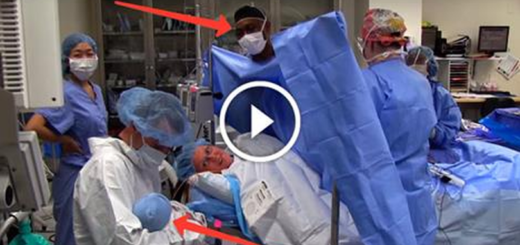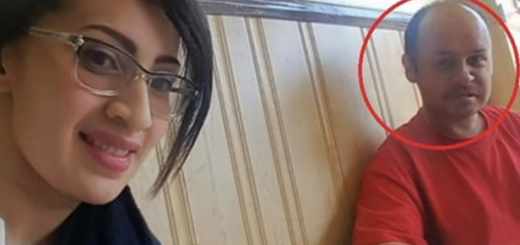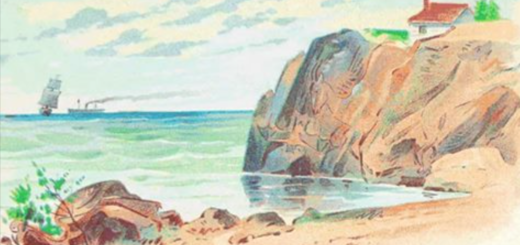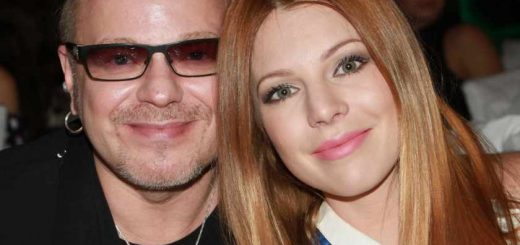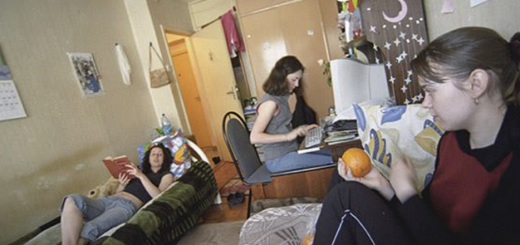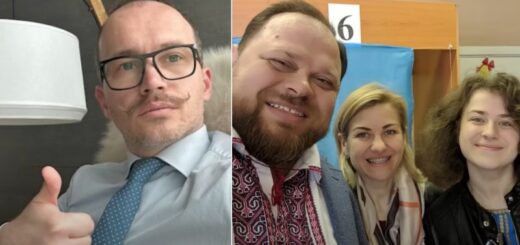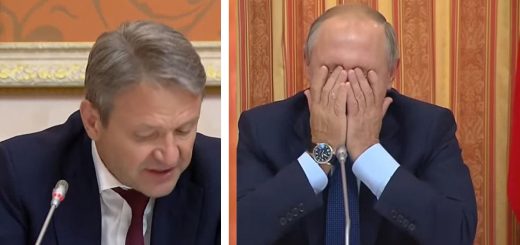Turning to Arwen, Reeve continued with formal precision. “Lieutenant Commander Arwen Blackwood, call sign Iron Widow, you have completed the advanced combat leadership program with distinction. Your operational record, including seven classified extractions and the Songwon recovery mission, places you among the most accomplished special operators in naval history.”
She extended a small case containing a special warfare insignia modified with a small red hourglass symbol. “By authority of Naval Special Warfare Command and with the concurrence of the Joint Chiefs, you are hereby officially designated as the first female operator in the Naval Special Warfare Development Group, effective immediately.”
As Arwen accepted the insignia, the room erupted in applause—not the polite acknowledgment of a ceremony, but the genuine recognition of those who understood exactly what they were witnessing: a moment when truth and justice aligned to correct years of misconception and prejudice.
In the aftermath of the ceremony, the training center buzzed with activity as security personnel discreetly escorted Admiral Hargrove to a waiting vehicle for transport to Naval Intelligence Headquarters. The official story would involve his sudden retirement for health reasons, but everyone who had witnessed the evening’s events understood the reality. Lieutenant Thade approached Arwen as she stood speaking quietly with Rear Admiral Reeve. He waited respectfully until their conversation concluded before stepping forward.
“Commander,” he acknowledged, the respect in his voice genuine. “I owe you an apology. Several, actually.”
Arwen studied him with the same calm assessment she brought to everything. “You were operating under false assumptions, Lieutenant. We all do sometimes.”
“Not just about you,” he clarified, “about what strength looks like, about who belongs in these units.” He hesitated before continuing. “I never saw your face that night in North Korea. You wore a tactical mask the entire time, but I remember your voice when you told me I wasn’t going to die in that place. I’ve carried that promise with me for seven years without knowing who made it.”
“The promise is what mattered,” she replied, “not who gave it.”
“Maybe,” he acknowledged, “but knowing now changes things for all of us.” He gestured to the other operators who had been part of her program, now gathered in small groups. Their body language and expressions were completely transformed from the dismissive attitude they had shown weeks earlier.
Lieutenant Kelwin approached next, his expression one of newfound respect tinged with lingering curiosity. “Commander, if you don’t mind my asking, how did you maintain your cover for so long, even under the extreme conditions Admiral Hargrove created?”
A hint of what might have been amusement flickered across her usually composed features. “SEAL training teaches endurance under pressure, Lieutenant. I simply applied those lessons in a different context.”
“Will you be staying with the program now?” he asked.
Before she could answer, Rear Admiral Reeve rejoined them. “Lieutenant Commander Blackwood has a new assignment, effective immediately. Her experience will be invaluable in reshaping our special operations protocols for future integrated teams.”
As others gathered to offer their congratulations and respect, Arwen maintained the same composed demeanor she had shown throughout the program. Only those who knew her best might have detected the subtle signs of emotion beneath her controlled exterior—a sense of a mission completed and promises kept.
Later that evening, in the privacy of her quarters, Arwen finally allowed herself a moment of genuine reaction. She removed the widow spider brooch from her collar, studying it in the dim light, a tangible symbol of seven years dedicated to a single purpose.
A knock at her door preceded the appearance of Rear Admiral Reeve. “The official debrief is scheduled for 0800 tomorrow,” she informed Arwen. “Naval Intelligence will want a complete accounting of the investigation and your conclusions regarding Admiral Hargrove’s involvement.”
“Was it worth it?” Arwen asked quietly, the question not directly related to the administrative details but to something more fundamental.
Reeve understood the real question immediately. “You saved six lives that night in Songwon, and by completing this mission, you’ve likely saved countless more who would have been compromised by the Admiral’s continued negligence. So, yes, Commander, it was worth it.”
Arwen nodded slowly, replacing the brooch in its case. “What happens next?”
“That’s largely up to you,” Reeve replied. “Your cover identity is no longer necessary. Your actual service record will be restored to active status, with all the opportunities that entails.”
“And the female integration program?”
“We’ll continue it with your input and expertise. Tonight changed perceptions that no amount of policy directives could have accomplished.” Reeve smiled slightly. “You’ve opened doors that will never close again.”
One month later, the Advanced Combat Leadership Program welcomed its newest cohort. Twenty operators stood at attention as Commander Zephyr Coltrane conducted the initial briefing. Among them were two female lieutenants, their expressions reflecting the same disciplined focus as their male counterparts. At the front of the room stood Lieutenant Commander Arwen Blackwood, her uniform now bearing the specialized insignia of her new position as a program instructor. The small widow spider pin remained on her collar, no longer hidden but worn as an official recognition of her call sign and the legend it represented.
“This program will test every aspect of your capabilities as special warfare operators,” she began, her quiet voice commanding immediate attention. “You will be evaluated not on where you came from or what you look like, but on what you can contribute to your team and how you perform under pressure.” Her gaze swept across the assembled operators, lingering briefly on the female lieutenants whose presence represented the beginning of a new chapter in naval special warfare history.
“Some of you may have heard stories about the recent changes in our command structure and training philosophy,” she continued. “Let me be clear: the standards have not been lowered or altered. What has changed is our recognition that excellence comes in different forms and that true operational capability transcends traditional expectations.”
Lieutenant Thade, now serving as an assistant instructor, stood at the side of the room, his attitude toward the program and its mission completely transformed from his previous perspective.
“Over the next thirty days, you will be pushed beyond what you believe is possible,” Arwen told the new cohort. “You will fail, you will succeed, and you will learn that your preconceptions about yourselves and others are often your greatest limitation.” She paused, allowing her words to settle across the silent room. “And when you complete this program, you will understand what truly matters in special operations. Not who you are, but what you bring to the mission and how completely you are willing to commit to something greater than yourself.”
As the briefing concluded and the new operators filed out to begin their first evolution, Lieutenant Kelwin approached Arwen. “I’ve been meaning to ask, Commander,” he said. “That night in North Korea when you extracted Admiral Hargrove’s team against impossible odds… how did you know it could be done?”
Arwen considered him thoughtfully before answering. “I didn’t know it could be done, Lieutenant. I simply knew it had to be done, and that was enough.”
The simple statement encapsulated everything that had defined her career and her approach to seemingly insurmountable challenges—an understanding that now formed the foundation of her teaching philosophy. Limitations existed primarily in the mind, and the truly extraordinary became possible when necessity met unwavering commitment.
As she watched the new cohort begin their journey, Arwen recognized that her own journey had come full circle. The mission that had begun in darkness seven years ago had finally reached its conclusion in the light of public recognition—not for her personal glory, but for the principle that true excellence deserved acknowledgment, regardless of its source.
The widow pin on her collar caught the morning light, its red hourglass symbol no longer a mark of secret identity but a proud declaration of capability and service—a visual reminder that sometimes the most formidable warriors were those most easily underestimated.

